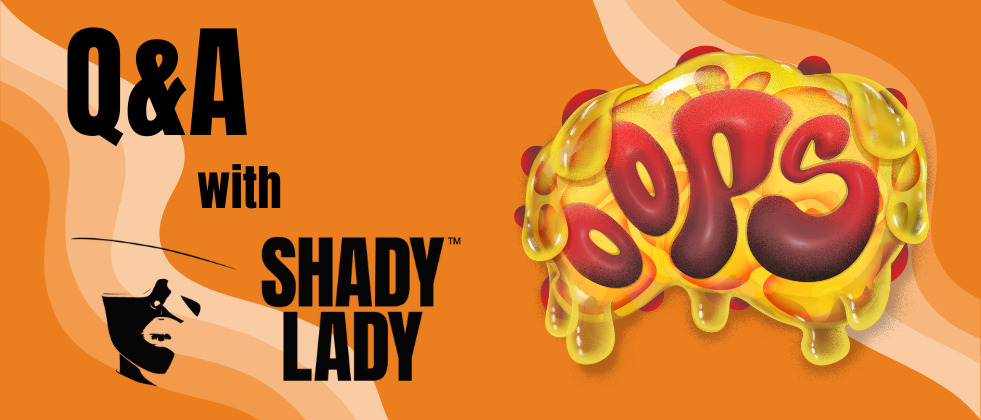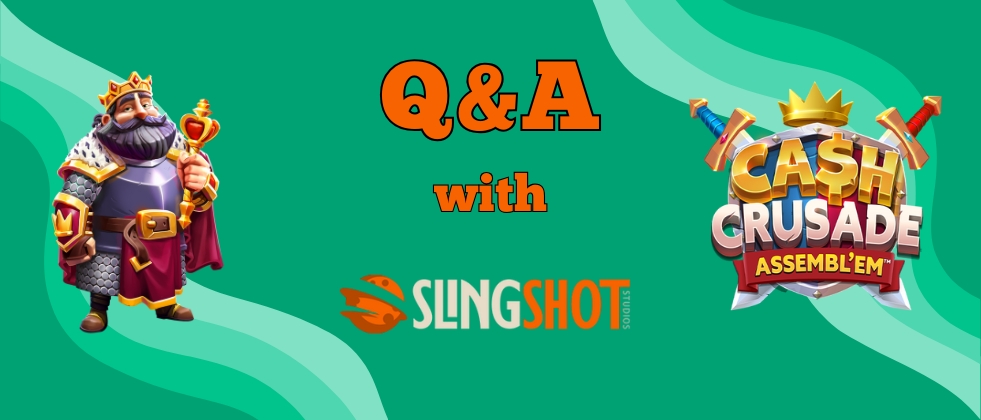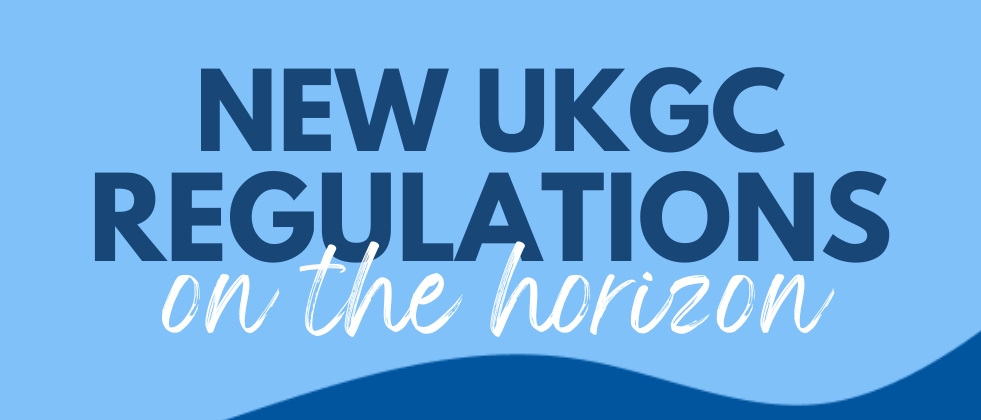When playing in an online casino in the past few years, German players were mostly in a legal gray area, because only Schleswig-Holstein issued licenses and only for players residing in the same state. The new State Treaty on Gaming, which came into force on July 1st, aimed to legalize gaming in Germany. In many online casinos, users will play legally and in accordance with the new German gambling legislation.
However, a working group made up of four state finance ministries (Hesse, North Rhine-Westphalia, Bavaria and Berlin), brought forth the introduction of a sales tax for slots and poker.
5.3% sales taxes on poker and slots
Although the legalization of the gambling market was long-awaited, the new treaty comes with restrictions as well. In fact, a $1.19 (€1) stake limit per spin was introduced for online slots.

Furthermore, the Bundestag voted in favor of a stake tax, which already proved to be controversial. This stake tax, also known as turnover tax, amounts to 5.3% of all online poker and slot stakes. In addition, the tax will affect both licensed gambling, as well as unlicensed operators.
Sales tax could threaten the regulated market
The institute came to the conclusion that the tax rates would have a detrimental effect on the new regulation of the German gaming market. More and more German players could turn to illegal online casinos, as the unregulated gambling market is expanding. The abolition of this market was the main reason for a new regulation in Germany; furthermore, with the increased popularity of illegal online casinos, the desired player protection would be less or hardly effective.
Dr. Justus Haucap: “The finance ministries seem to think that illegal gambling is not increasing. However, based on data and experience from abroad, this assumption is extremely unrealistic and incorrect”.
Taxes could make legal gambling unattractive for gamblers
In his report to the DSWV (the German Sports Betting Association) and DOCV (the German Online Casino Association), Dr. Justus Haucap indicated that a sales tax of 5.3 percent makes playing in a real money casino unattractive and would be rejected by the players.

With such a tax, the payout ratio is automatically reduced - to the detriment of the players. The payout ratio (RTP, Return-to-Player) is the amount of stakes in a casino that is paid out to the players on average. If the odds are reduced, the game (and winning) become maximally unattractive.
Taxes would be better based on gross income
Instead of sales tax, according to Haucap’s report, the tax should be based on gross income and be between 15 and 20 percent. Haucap also pointed out that income tax across Europe is at an average rate of 19 percent.
As soon as the procedure for obtaining a German license was announced, for which new regulations (monthly deposit limit, limits on slot stakes etc.) apply in favor of player protection, many casino operators rejected the system.
The new State Treaty on Gambling has already been ratified by the Prime Ministers of the 16 federal states. In October 2020, a transition phase was created for casino operators who wanted to acquire a German license in July. They are allowed to offer their services if they comply with the new prescribed rules, and the requirements are strictly adhered to.
However, with the introduction of a sales tax for slots and poker, there will be even less reason for many license applicants and operators of gaming platforms to acquire a German license.




|
Sign in